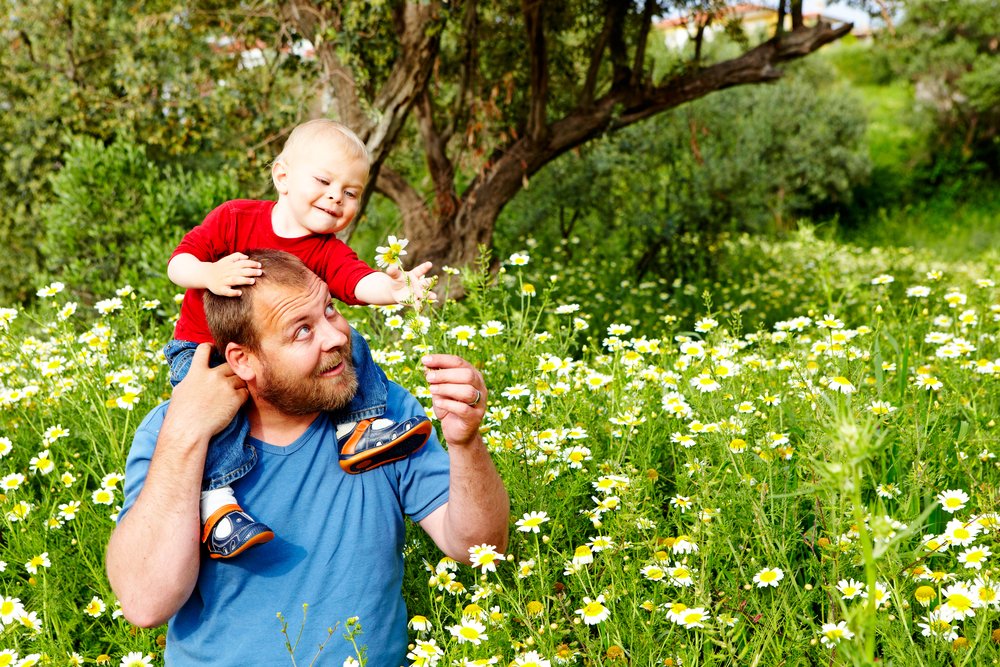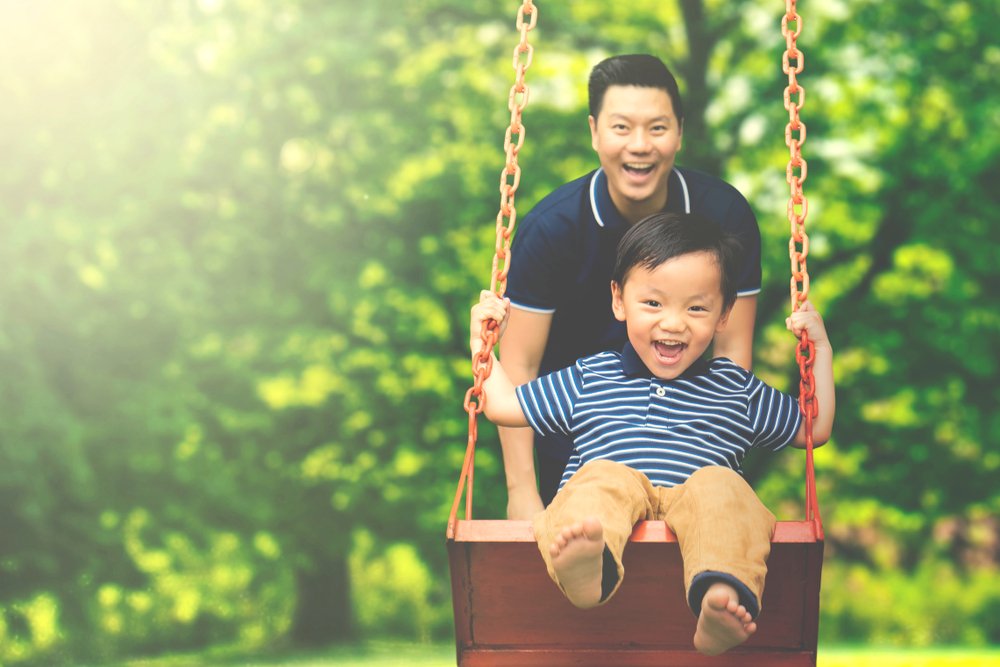Key points:
- Experts are calling “distracted parenting” or “partial attention parenting” a concerning new phenomenon that could be detrimental to children’s social and emotional development.
- A study conducted by Cohen Children’s Medical Center in New York City found that 74% of caregivers at seven different playgrounds were distracted, with talking to other adults and eating, drinking, looking through bags or reading being common distractions.
- 30% of young children studied were found to engage in high-risk behaviors when their caregivers were distracted, which could lead to potential safety hazards.
- The article suggests that mindfulness can help combat distracted parenting. Techniques such as the “golden minutes”, physical contact, putting cellphones aside during family time, and actively participating in children’s play can help increase mindfulness.
Parents are multitaskers. They have to be: there are diapers to change, emails to answer, and crying babies to soothe. Many parents thrive or —perhaps more accurately— survive because of their ability to juggle multiple things at once.
But our increasing aptitude for multitasking has led to a concerning new phenomenon that early childhood experts are calling “distracted parenting” or “partial attention parenting”. And whether we know it or not, our children are noticing.
To examine the effects of distracted parenting on children’s behavior, experts at Cohen Children’s Medical Center in New York City observed caregivers at seven different playgrounds over a 20-minute period. They found that 74% of caregivers were distracted and not just by their cell phones. Talking with other adults accounted for 33% of all distractions, while 37% of parents were observed eating, drinking, looking through their bag, or reading.
Snacking or catching up on emails while our children play might not seem especially troubling, but 30% of the young children studied reportedly engaged in high-risk behaviors including “walking up the slide, throwing sand, sliding headfirst, pushing other children, and jumping off moving swings”. Five of the distracted caregivers’ children experienced a fall.
The hazards of “distracted parenting” go beyond safety concerns, however; not paying attention to our little ones can have an adverse effect on their social and emotional development, too.
Children form fundamental neural connections through their relationships, and the first 5 years of life are key to building a solid neurological foundation. Babies can’t get enough of us and rely on an emotional cueing system built through responsive communication (think: serve and return) to develop cognitive functioning. Without our attention, these connections can suffer.

So what can you do to stay focused?
We can all benefit from a healthy dose of mindfulness or the idea of being in the present moment. Being aware of our surroundings, even if just for a few minutes every day, can be emotionally and psychologically beneficial for you and your baby.
Being mindful can be a lot harder than it sounds, but there are many simple ways to build mindfulness into our daily routines:
- The 5 “golden minutes”. This technique is frequently used in Family Therapy. It consists of parents giving each of their children 5 whole minutes of undivided attention a day. Whether you are playing, cuddling, reading a story, or dancing, prioritize high-quality time with your child every day.
- Hugs all around! Physical contact can make a child feel safe and have a direct impact on your little one’s ability to develop feelings of attachment.
- Put cellphones aside during family time.
- When monitoring your little one play, take an active role from afar. Make observations, suggest new toys, or celebrate their accomplishments, however small.
- Participate. Sit down on the floor and get in on the action! Spending quality time with your little one will strengthen your bond and provide important cognitive feedback.
- Be curious. The monotony of a daily routine can blind us from observing everything happening around us. During these early developmental years, your child is changing in big and small ways every day. Don’t miss out! Take a few minutes to marvel in the growth of your child.
Olivia Maitret is a psychologist with a minor in Education and a Masters in Brief Systemic Therapy. She is a mindfulness instructor, trained on the treatment of Learning Disabilities. Olivia spent 4 years as a Preschool teacher, 3 years as a school counselor, and trains children in meditation. She is a family psychotherapist and feels excited to support parents and teachers from around the world in their essential participation in child development.









One Response
thank you the article is helpful.